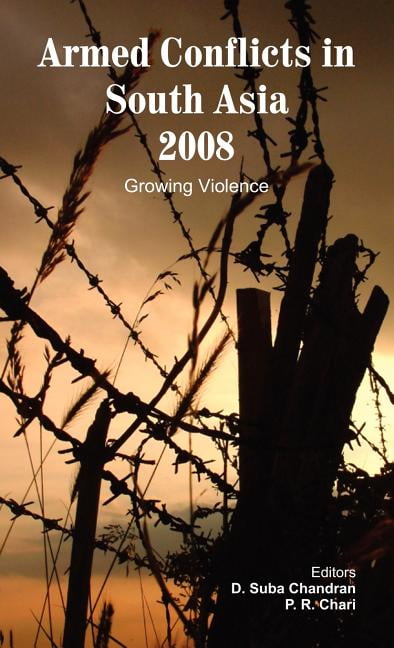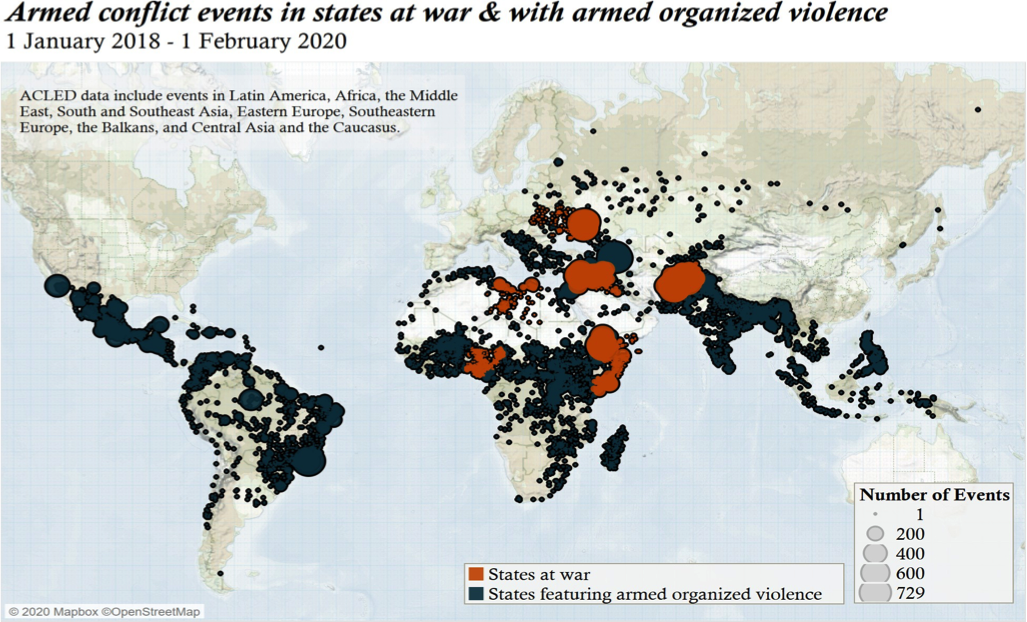

Moreover, natural calamities have an inverse relationship with armed conflict. It is implied that good governance can reduce the likelihood of armed conflict, while population and remittances can fuel armed conflict. Based on ARDL estimations, government effectiveness, a proxy variable for governance, political stability and absence of violence/terrorism, and the rule of law have negative and highly significant association with armed conflict. On the other hand, population, remittances, and voice and accountability have positive association with armed conflict. Based on the logit analysis, the results show that government effectiveness, political stability and absence of violence/terrorism, and regulatory quality, the rule of law, and droughts/floods have a negative relationship with armed conflict. Panel data are used covering the South Asia region from 2002 to 2018, applying the logit and ARDL models. This study examines the effects of governance on armed conflict and the associations between economic factors, external finances (remittances), natural calamities, and armed conflicts.

Hameed Khan: Department of Economics, Kohat University of Science & Technology, Pakistan, Postal: Department of Economics, Kohat University of Science & Technology, Kohat, 26000, Pakistan.Īpplied Economics Journal, 2021, vol. Leena Rehman: Department of Economics, Kohat University of Science & Technology, PakistanĪlam Khan: Department of Economics, Kohat University of Science & Technology, Pakistan Hidayat Ullah Khan: Department of Economics, National University of Modern Languages (NUML), Islamabad

Economics of Armed Conflicts and Governance: An Empirical Study Focusing on South Asia


 0 kommentar(er)
0 kommentar(er)
